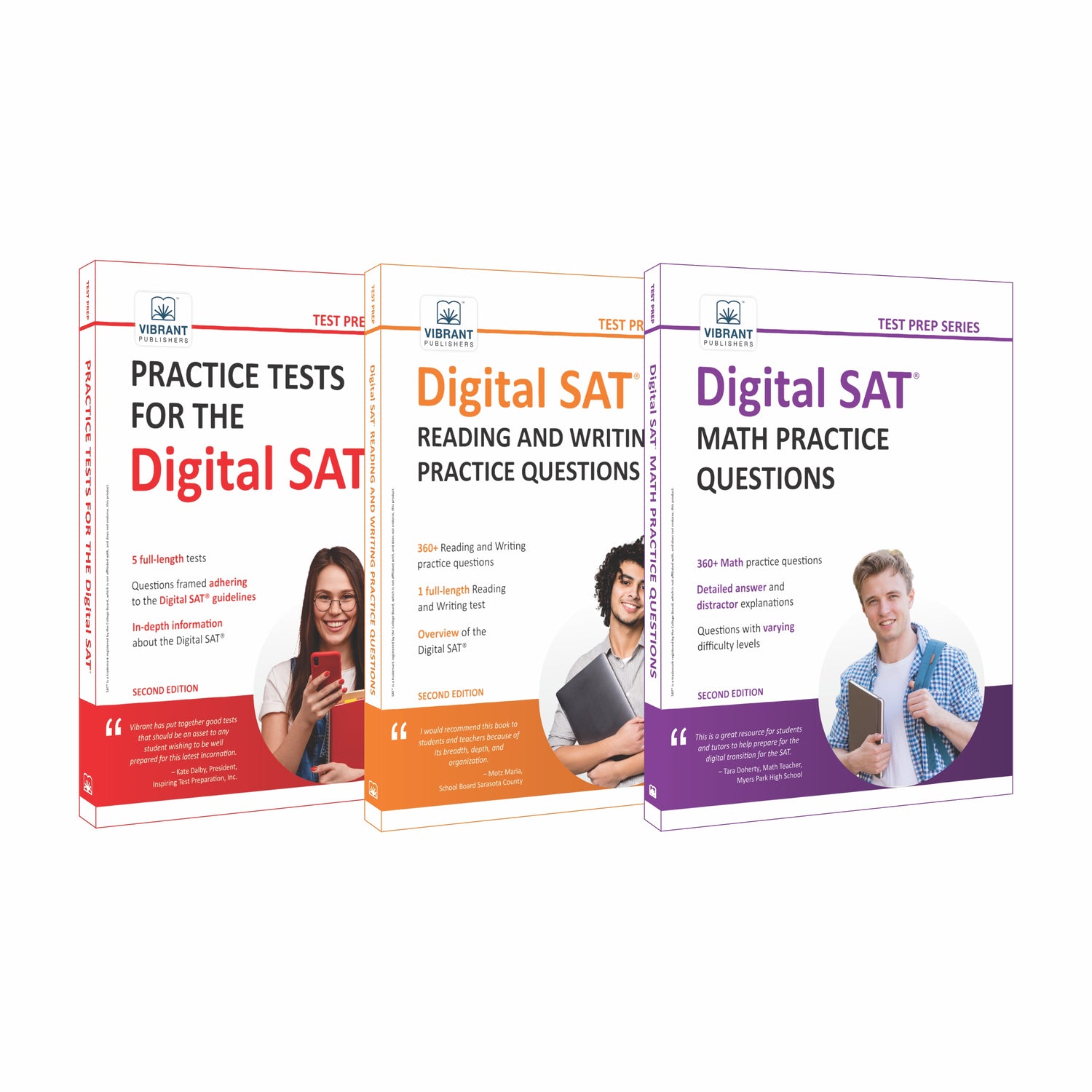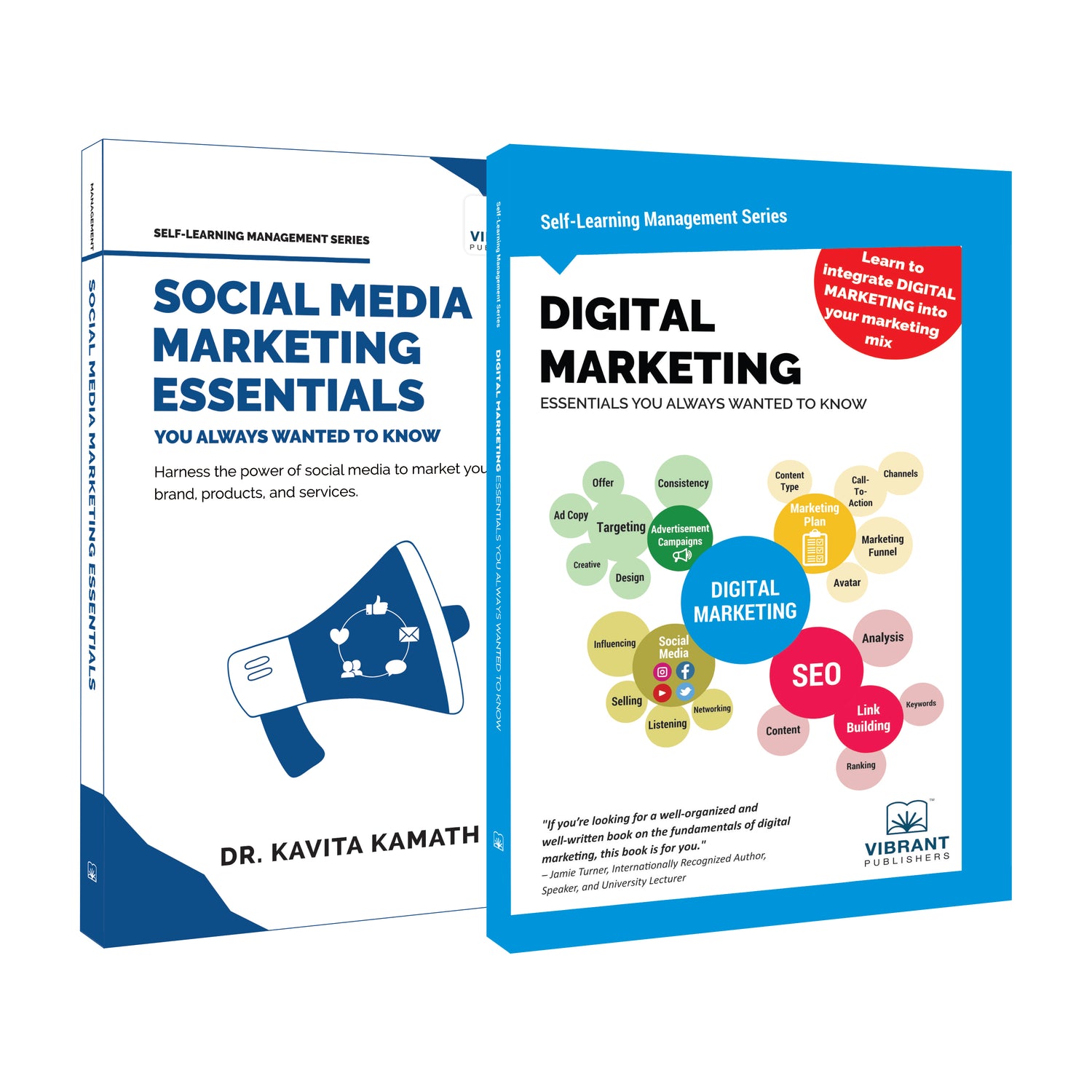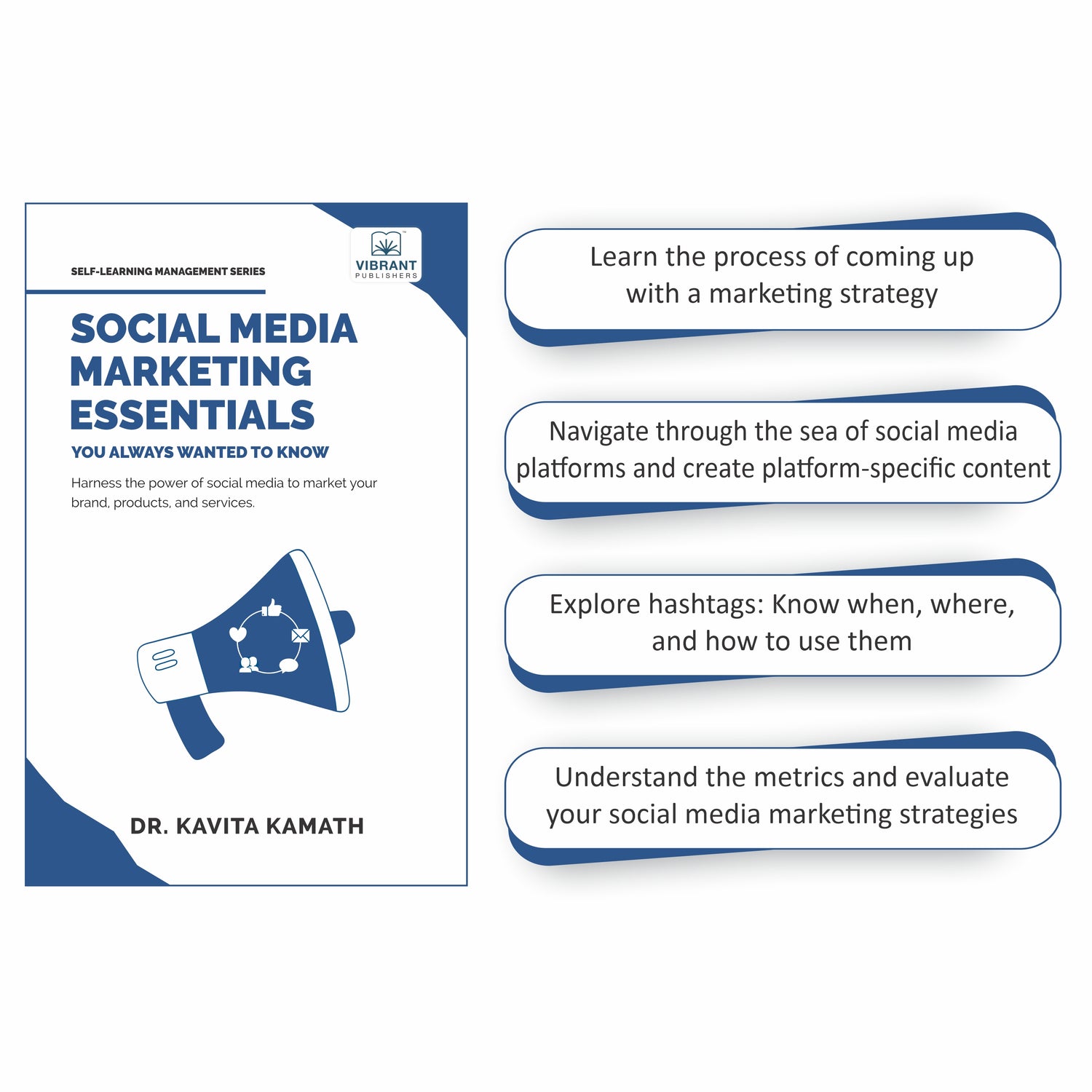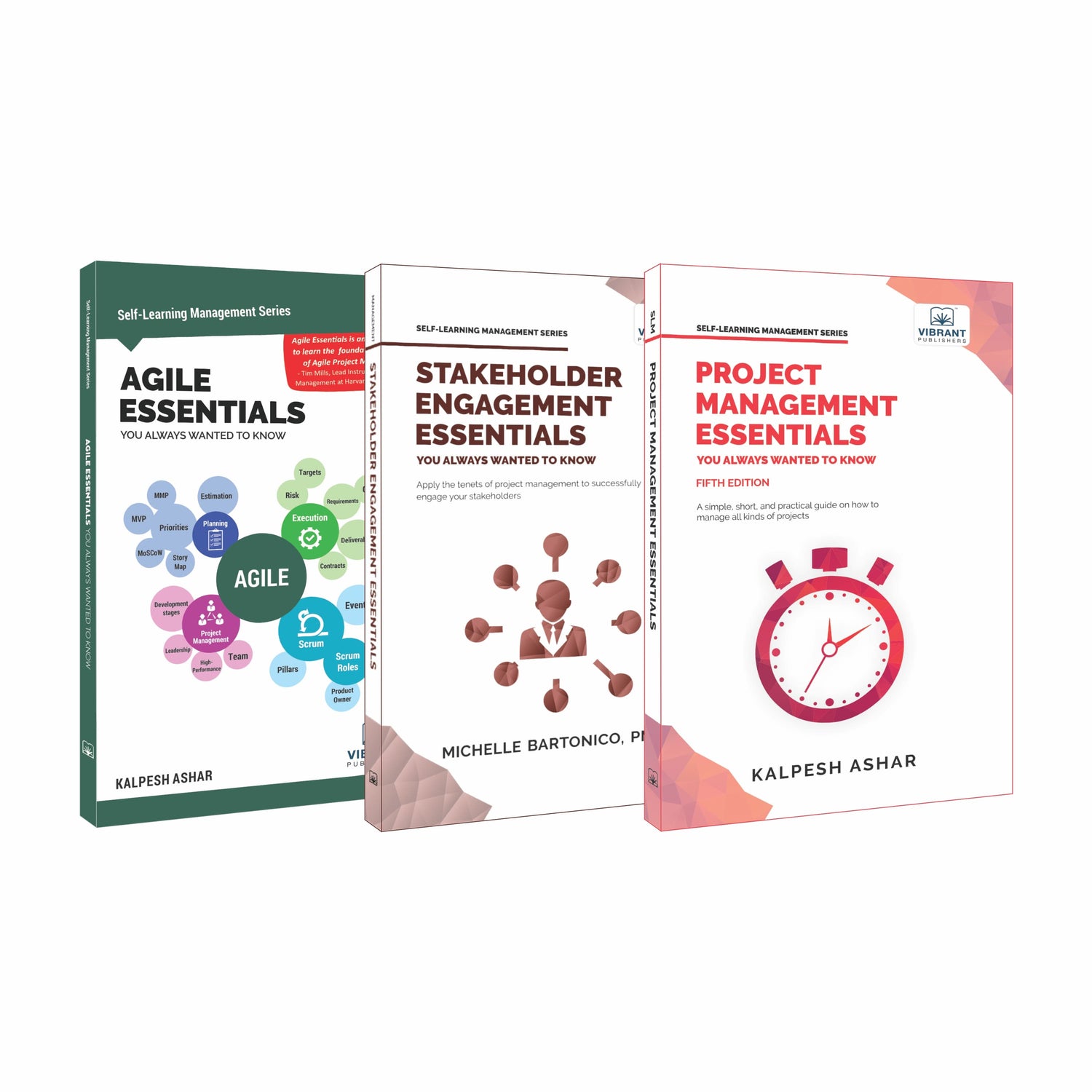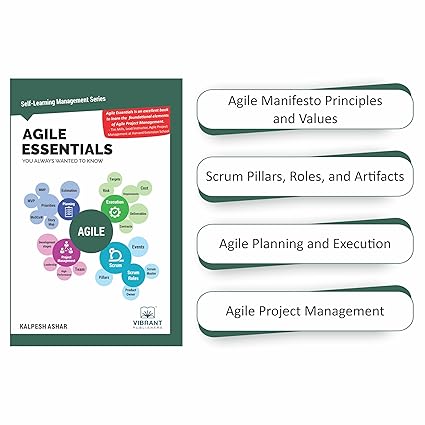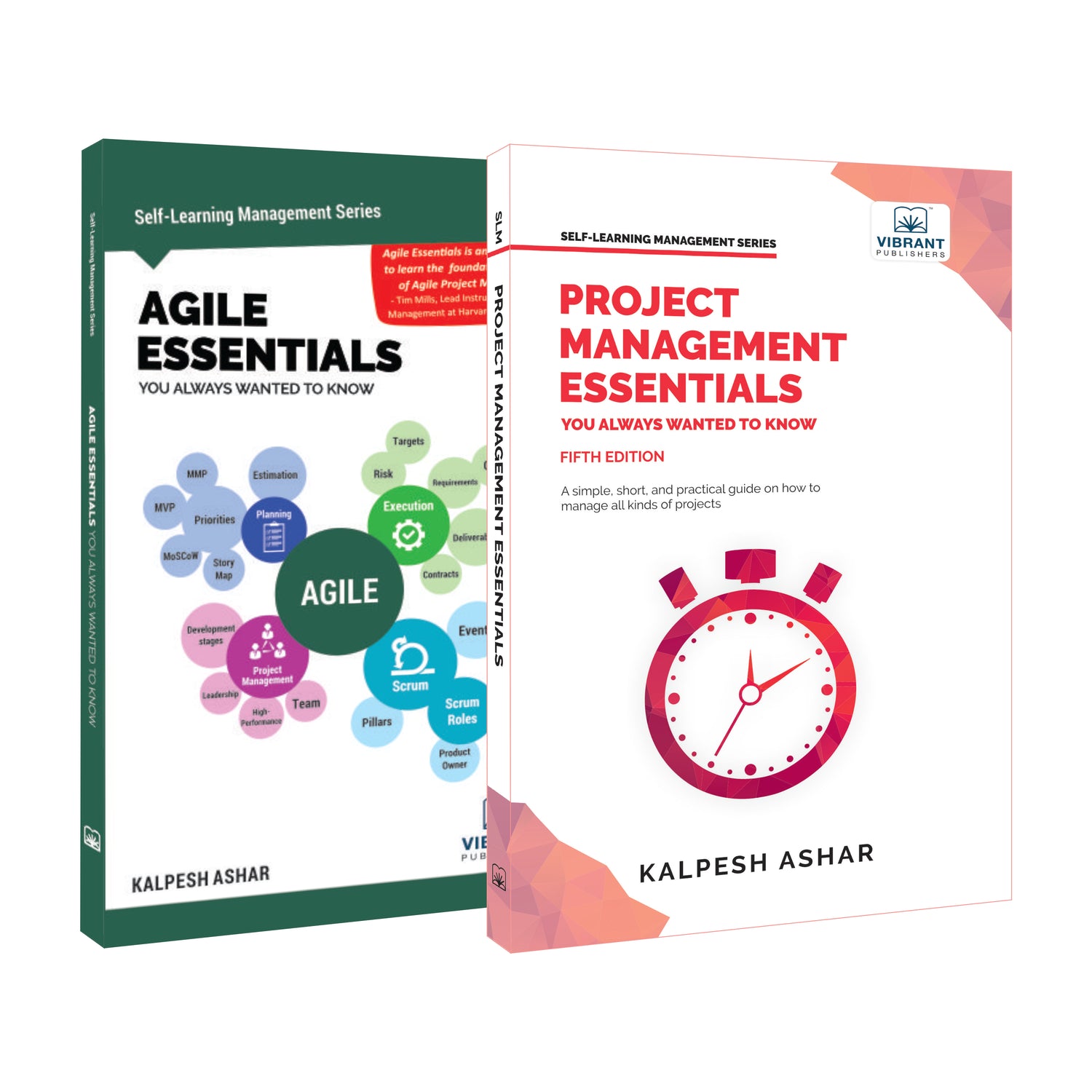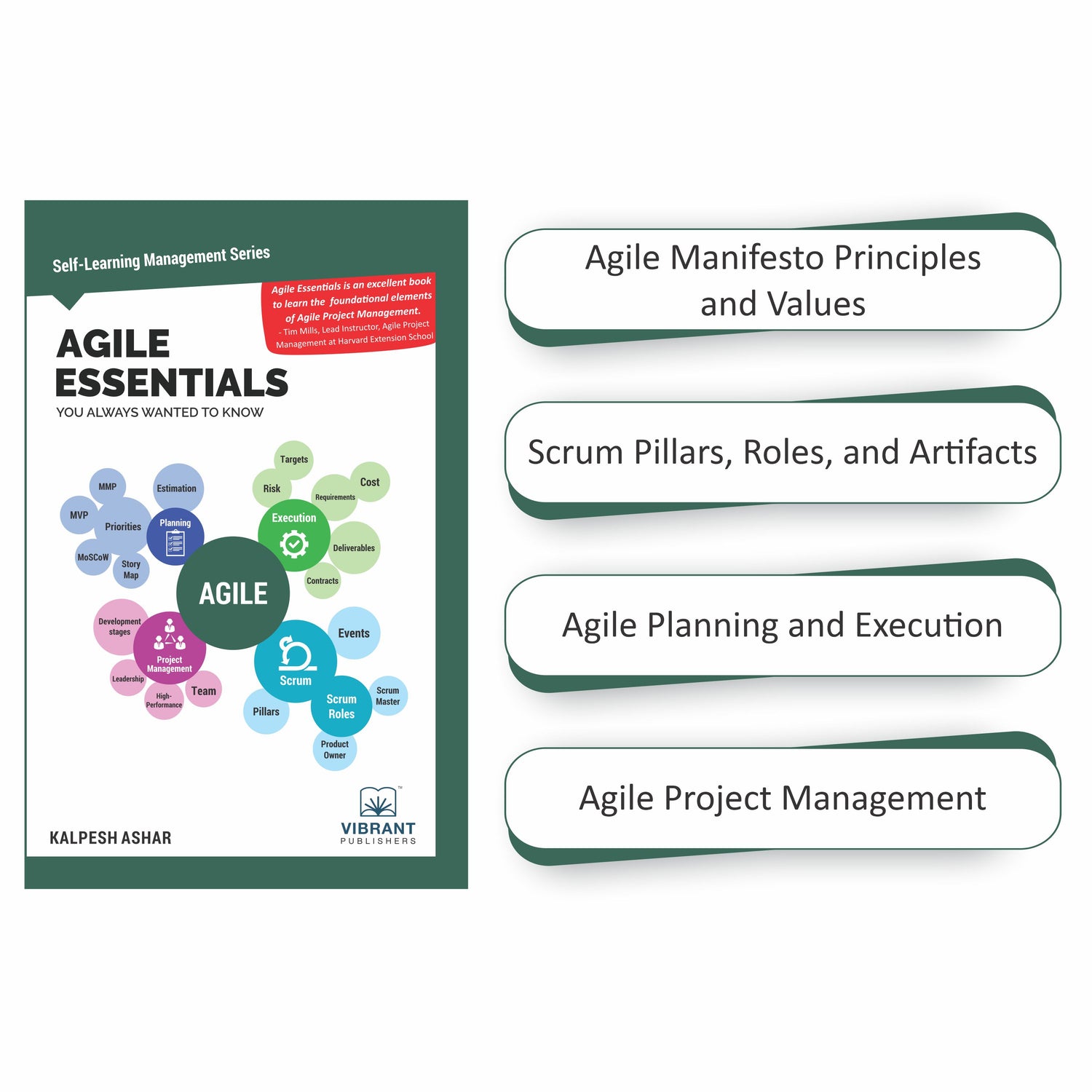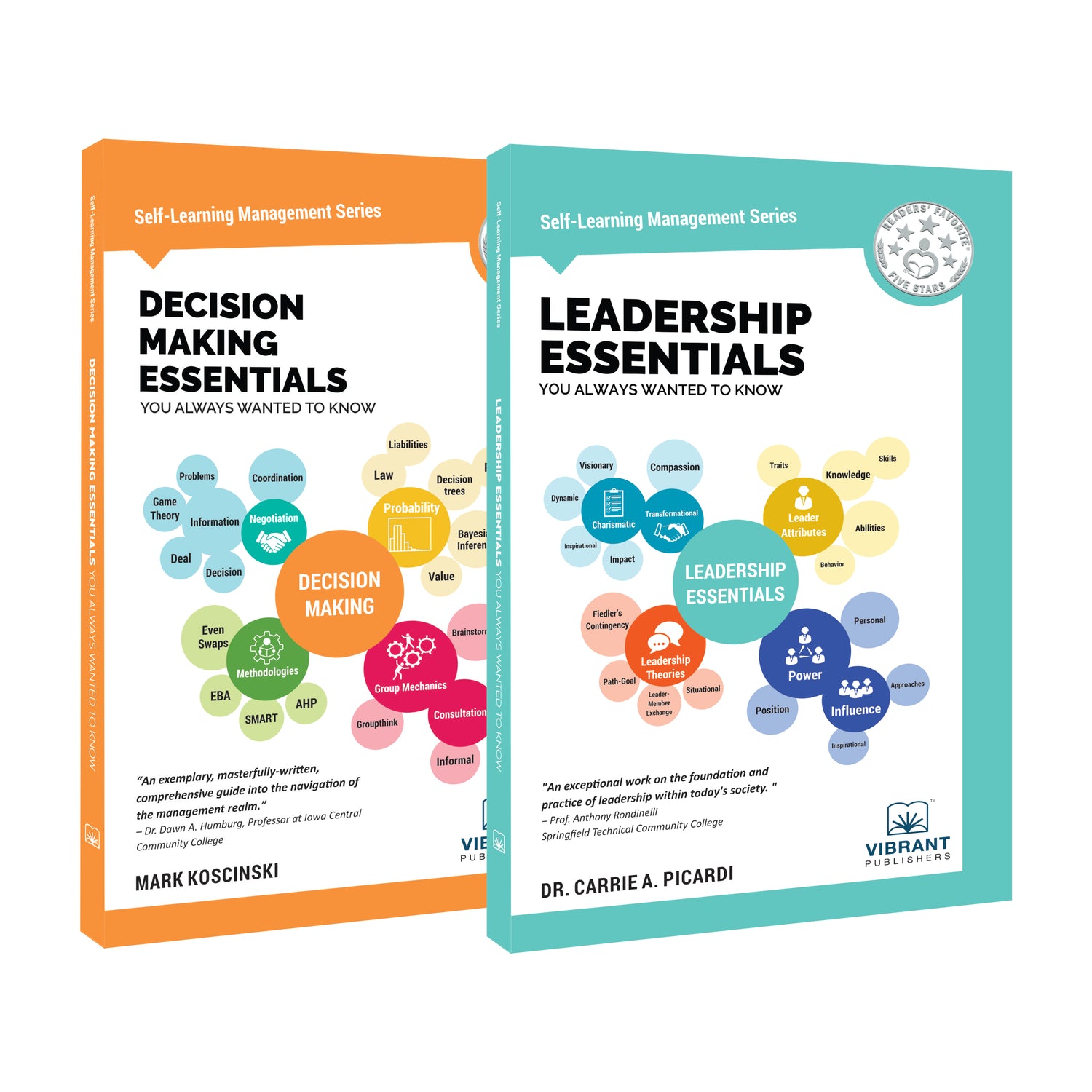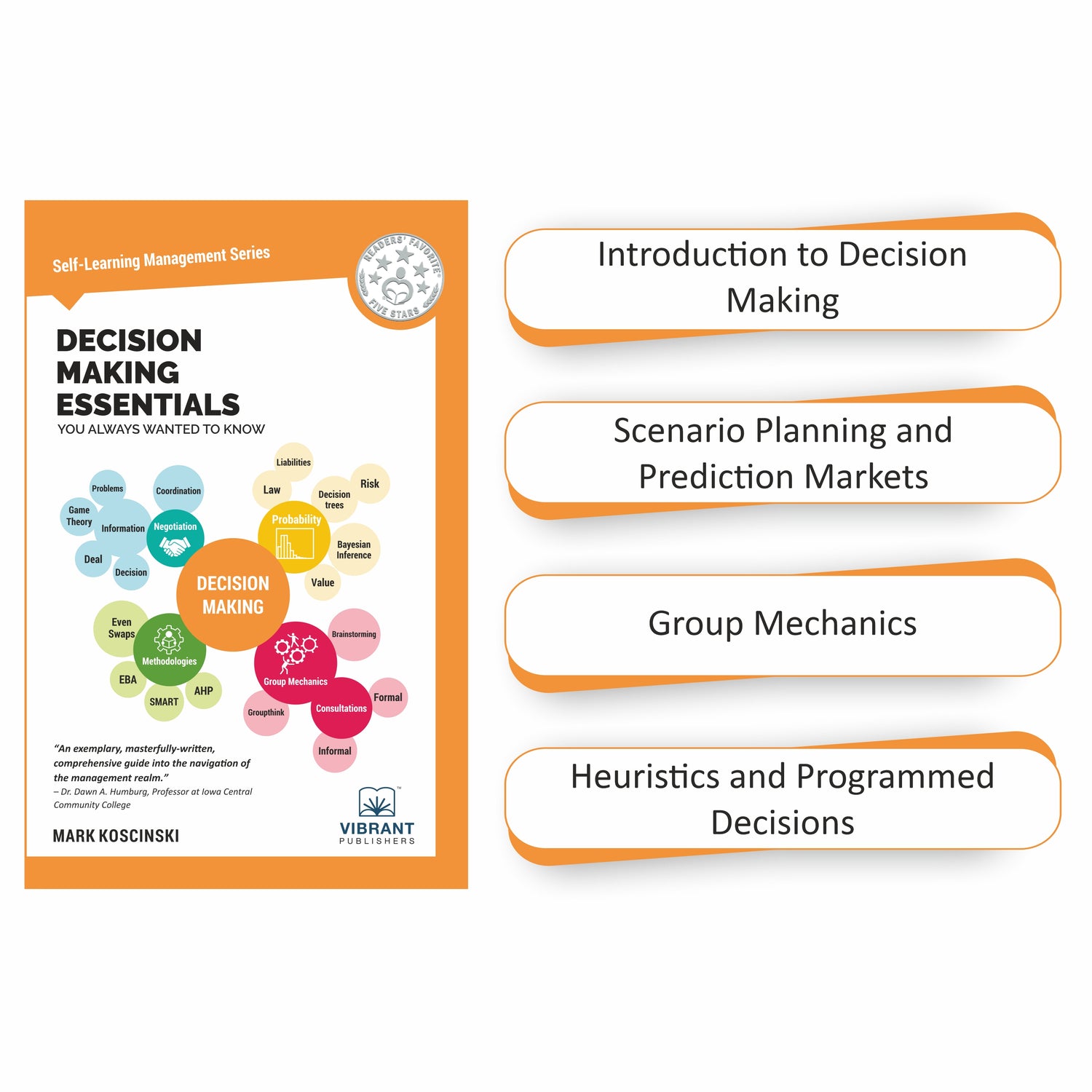
How to Do Your Homework Before an Interview
Interview preparations are tricky. No matter how much you study, it seems that the interviewer will ask you exactly the one question you haven’t prepared for. So, here’s a checklist for you that will make your interview homework easy. Make sure you don’t miss out on anything on this list!
Study:
1. Your core subjects
To prepare for an interview, the first and the most important thing to do is mugging up your textbooks. There’s nothing more off-putting than not knowing the answers of technical questions. Leave no stone unturned in your preparation and go through each and every important chapter in your textbooks. You can also try out books from our interview special editions.
Take a look at our range of interview preparation books here.
2. General and common interview questions
There are always some common questions asked in every interview which seem to be easy, but are actually pretty tough and tricky to answer, mostly because there are no fixed “correct answers” to them. Preparing for these questions beforehand will help you perform better in any interview. Take a look into some of these tricky questions:
- Tell me about yourself.
- What are your weaknesses?
- Why should we hire you?
- Why do you want to work with us?
- Why did you quit your last job?
Here’s a book to help you further in your preparation. You can find all such commonly asked questions and suggested answers in the book.
3. Questions to ask the interviewer
Another super-tricky part of an interview is where the interviewer asks you: “Do you have any questions?” If you are unprepared for this question, you’ll definitely end up saying, “No, thank you” because that seems to be the safest option. But that’s actually one of the biggest mistakes you can commit. Whenever you’re asked this question, you should always answer positively. Here are some examples of what you can ask the interviewer:
- Why is this post vacant?
- What according to you are some of the most important skills to succeed in this job?
- How did I perform in this interview?
Research:
To perform well in an interview, you need the joint force of study and research. Use your research skills to learn as many things about the company as you can. Here are some things that you must learn before stepping into the interview room:
1. Company’s background, vision, and mission
Learn about the company’s background and the key people from the “About” page of their official website. Also learn about the company’s vision and mission to understand what values are important to the company, what their long-term and short-term goals are, and how you can fit into the company culture.
2. Company’s products and services
Another very important thing to know about the company is its primary and secondary business areas. Knowing thoroughly about the company’s products and/or services will not only help you answer related questions in the interview, but will also give you an idea about your future job role.
3. Recent events and news about the company
Has the company been the center of media attention lately? Is it for a good cause or a bad one? You need to know both.
If the company has been in the news for some great achievements lately, and you are unaware of it, then the interviewer will think that you are not interested enough in the company. Recruiters will much likely hire someone who is more updated than you.
If the company has attracted negative publicity lately, you should be aware of that too, and make an informed decision whether to join them or not.
4. The person interviewing you
And lastly, you need to gather some information about the person interviewing you. The name of the interviewer will most likely be mentioned in the interview call letter itself. But if it’s not there, you can write to them and request to divulge the information.
Knowing about the person interviewing you will help you prepare in advance. You can find out about the person’s background and career records from LinkedIn, and knowing these things will help you converse with him better. If you are lucky enough, you can also find out about how that person is as an interviewer, and what kind of questions they ask, from websites like Glassdoor.
When it comes to success in an interview, no amount of preparation is ‘too much’. If you follow these 7 tips, you will definitely increase your chances of cracking the interview.
All the best for your interview!
Next up in this series: Top Tips for Cracking Your First Job Interview
Previous blog in this series: Understanding the Interview Process: Stages and Challenges
Share


